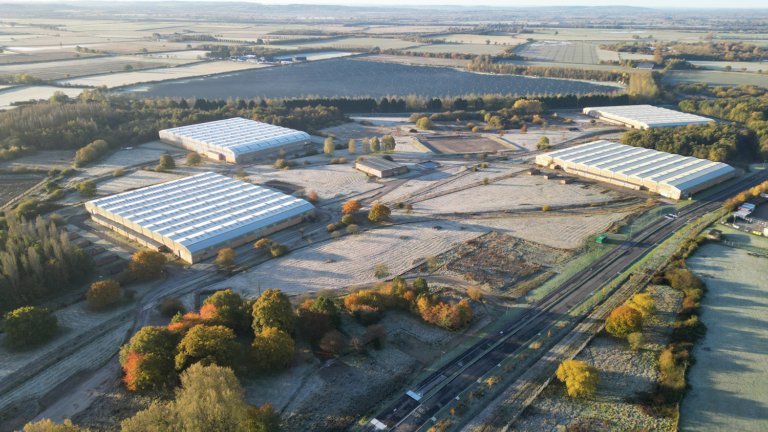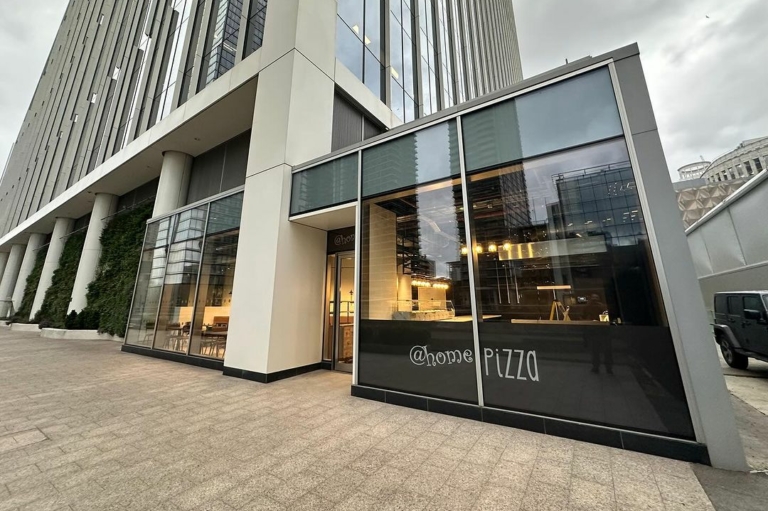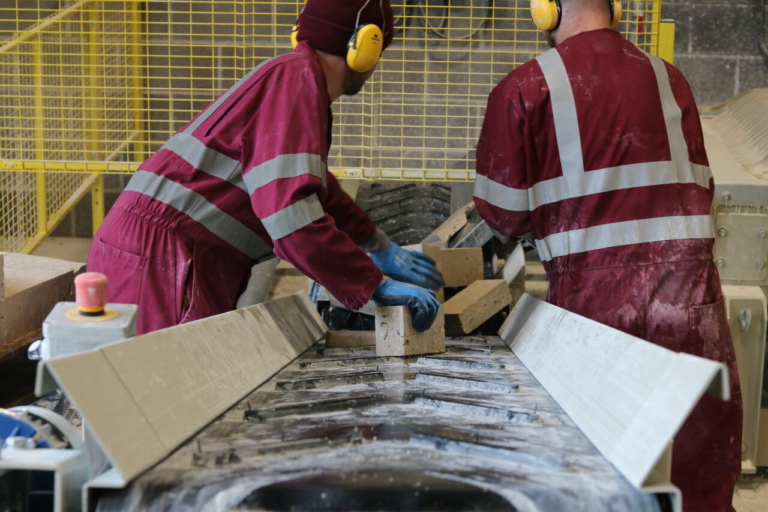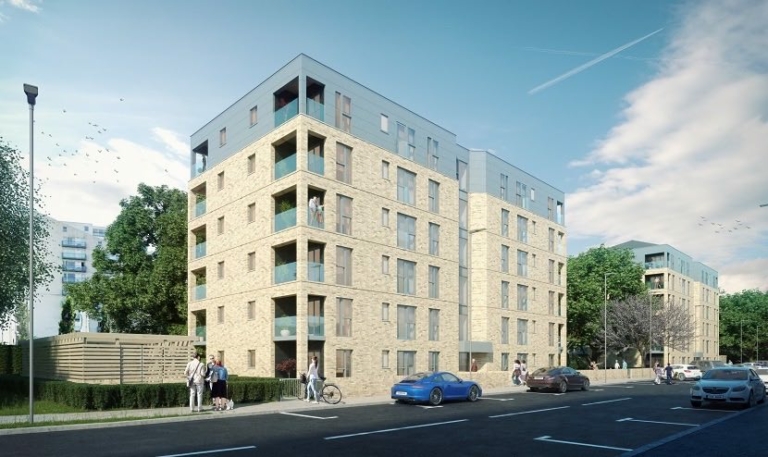Ground-breaking creative industries hub receives £3.5M
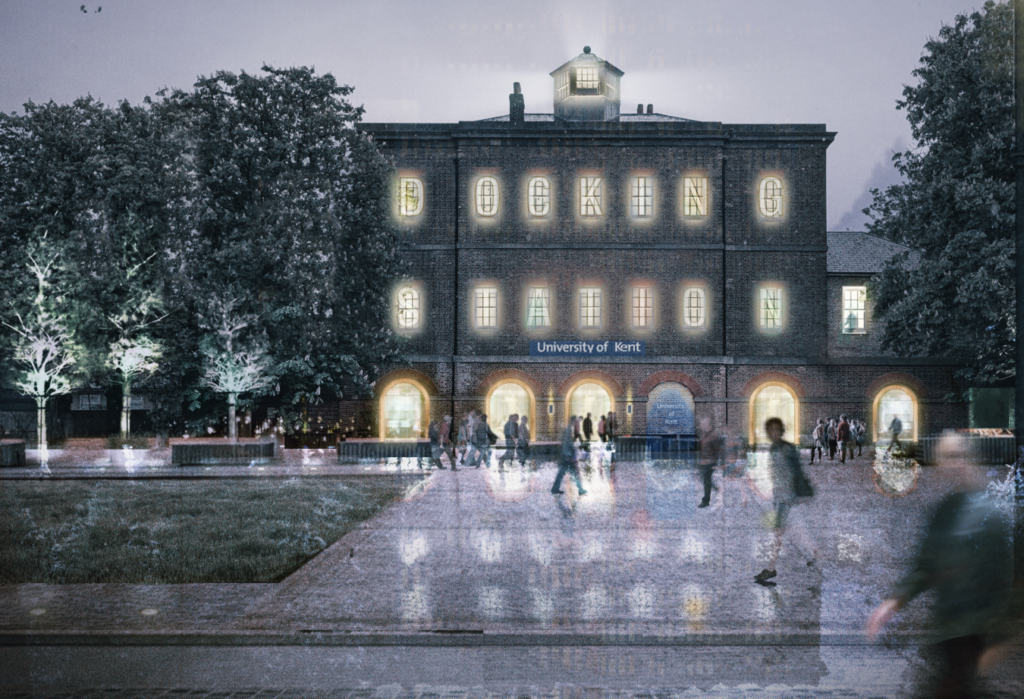
Docking Station, the University of Kent’s ground-breaking Medway hub for digital creative industries, has received more than £3.5m funding from The National Lottery Heritage Fund
Made possible by money raised by National Lottery players, this is the last major piece of funding needed for the capital costs of Docking Station, and gives the green light for building work on the £13.4 million development to start as planned this summer.
In addition to support from The National Lottery Heritage Fund, the project has received grant funding from Arts Council England’s Cultural Development Fund (investment from the Department for Digital, Culture, Media and Sport) and Levelling Up Fund (investment from the Department for Levelling Up Housing and Communities).
Docking Station will be built on the site of the former Police Section House at Chatham's Historic Dockyard. It will put cultural and creative industries at the heart of Medway’s regeneration plans and its facilities will harness the power of immersive digital technology to open up new possibilities for young people and the communities of Kent and Medway.
The facility will house commercial digital production studios for industry use, a café, gallery and exhibition spaces, plus teaching areas and facilities to support digital and creative start-ups and local creative industries. Docking Station will bring together creative production, support for local businesses, education, innovation and research opportunities as well as a public programme of events and activities connecting academia, industry and communities.
Throughout the building phase, through a series of workshops and events, local residents, schools and community groups will be invited both to celebrate the important history of the building within the Dockyard, and to learn about its exciting new life as a creative space for Medway.
The project is led by the University’s Institute of Cultural and Creative Industries (iCCi), in partnership with the Chatham Historic Dockyard Trust and Medway Council, and is a key part of regeneration plans for the historic waterside site.
Professor Karen Cox, Vice Chancellor of University of Kent said: "The Creative Industries is an area of exponential growth in the UK, which is why we are delighted to be working in partnership with Medway Council and Chatham Historic Dockyard on this groundbreaking project. Forming a key part of the University of Kent’s 2030 Strategy, Docking Station will benefit our students and researchers, but also businesses and communities in Medway."
Docking Station is one of seven projects receiving a share of £14.8m from The National Lottery Heritage Fund to save and reimagine industrial heritage across the UK.
Richard Morsley, CEO of Chatham Historic Dockyard Trust said: "The Police Section House is a significant historic building which will come back into the care of the Trust. Docking Station encapsulates our broader strategy of ‘Preservation Through Re-use’, enhancing the growing cluster of creative organisations and enabling us to look forward to an exciting future of innovation and creativity across The Historic Dockyard estate."
Cllr Lauren Edwards, Medway Council Portfolio Holder for Economic and Social Regeneration and Inward Investment, said: "We are thrilled that this inspired project has successfully secured this important funding which will bring a massive boost to the creative and cultural sector in Medway. We are particularly excited about the opportunities it will bring for local young people to learn and develop new skills and shape their careers for the future. Last year Medway was honoured to be one of just nine initial Heritage Places by the National Lottery Heritage Fund which will enable us to continue to use our important national heritage to drive regeneration and create meaningful pride in Medway. I would like to congratulate the whole team who have made the vision for the Docking Station a reality and look forward to seeing the development take shape in the months to come."
Construction is planned to start in Summer 2024 and be completed by late 2025.








